The traditional types of highways are being replaced by new technologies. Highway engineering is transforming now. Many countries have started adopting new technologies in highway construction. The new highway technology has solutions for major problems like global warming and day-by-day pollution.
SOLAR ROADS
Solar panels have always been a source of reliable green energy. With this thought and application of this panel, solar road technology has been created. In the solar road, photovoltaic cells are installed in road systems. A small portion of the roads is built and connected with each other.
Solar panel roads are created by using photovoltaic cells, which are installed into the road system.
World’s first solar road
The first attempt at the solar road was in the small village of Tourouvre au Perche in Normandy in 2014.
In 2014, Solar Road started its pilot project in the town of Krommenie near Amsterdam, Netherland. The embedded solar panels are protected by a 1 cm thick coating, which is highly transparent but does not compromise traction. It is 90 m long and 3.5 m wide.
The Dutch aren’t the only ones working in this space. Solar road projects also exist in the U.S. and in France, among others.
Currently, the investigation into solar roads is going on, but there is a need for progress in the technology. If the Manufacturing cost becomes lower, then soon different cities will start adopting this solar road technology.
Also read: What are Geonet and its applications?
Some other examples where solar roads have been adapted
- Bike path in the Netherlands.
- France opened a 1km solar road in 2016.
- Wattaway’s solar roads have also been installed in Georgia.
- China has built an entire solar expressway.
Advantages of solar roads
- Helps decrease global warming.
- Generate electricity.
- Illuminate roads.
- The generated electricity can be used to recharge electric cars.
- They release heat, which melts ice on the roads.
Solar roads are a much-needed energy solution, especially in urban cores where real estate is at a premium and options for solar panel deployment are very limited.
Also read: What are Geonet and its applications?
PLASTIC ROADS
Plastic roads are different from standard roads because they are made entirely of plastic or composites of plastic with other materials.
World’s first plastic road
Plastic Roads in India was first developed by Rajagopalan Vasudevan in 2001 and consists of an asphalt mix with plastic waste. India was the first country where this technology was adopted globally in Chennai.
India recently constructed 703 km of national highway using plastic waste in “wearing a coat of flexible pavement.”
Advantages of plastic roads
- Minimizing plastic in landfills, oceans, and rivers.
- A cheaper alternative than asphalt.
- Reducing carbon emissions.
- Save time by recycling during use.
- As durable as traditional hot-mixed asphalt.
Also read: World’s highest railway bridge in Himalayas
There are eco-friendly and cost-effective roads built with plastic road technology. how much do plastic roads cost? it’s very cost-effective because plastic is easily available in our surroundings. There are multiple benefits of creating plastic roads in India and other countries where plastic is part of daily life.
ELECTRIC ROADS
Electric roads are the next future of road construction all over the world. Due to the increased price of crude oil and its heavy cost for refining, it’s a bad effect on countries’ economies. Electric roads are cost-effective compared to solar roads.
What are electric roads?
An electric road or e-road system is a road that supplies electric power to vehicles traveling on the road.
World’s first Electric road?
Sweden has become the first country in the world to have electric roads. About 2 km (1.2 miles) of electric rail has been embedded in a public road near Stockholm,
A series of electric cables and electromagnetic transmitters buried underneath the surface of the road generate electromagnetic fields. This energy is picked up by a coil inside the vehicle, inducing voltage that can be used to charge a battery, which could extend the car’s range.
Also read: What is structural engineering? What is the scope of structural engineering?
Importance of electric highway
E-road transport cuts fossil fuel emissions by 80% to 90%, is a climate-smart technology and an inexpensive tool that combines the advantages of rail with the flexibility of trucks, and even operating costs are minimal.
Advantages of electric roads
- Reduces travel time.
- Electric roads reduce emissions.
- Electric roads reduce the use of fossil fuels.
- Less pollution is emitted.
- Inexpensive and smart road method.
Conclusion
The world needs to adopt new technologies in every field. Transportation and infrastructure are the key areas for countries’ development and the world economy. Road construction is key to transportation. In road construction, regular and old materials are harmful to nature and increase global warming. So, we need sustainable and eco-friendly road construction.

Debarati Gupta is a civil engineer intern and content writer at PIGSO Learning. Her passion to write and explore the topics in-depth helps learners to get detailed knowledge of the subject. Read more blogs written by her in the pigso learning blog.


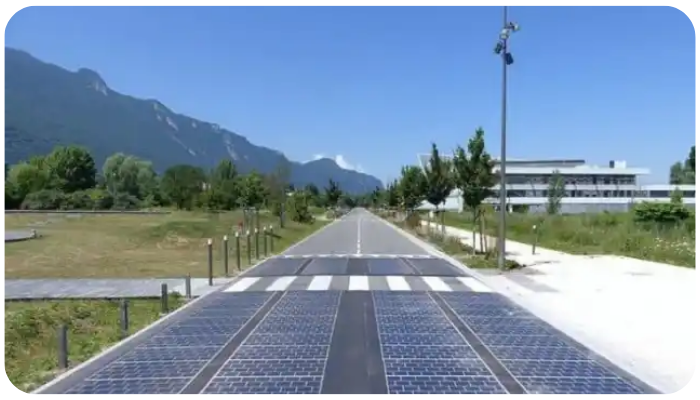
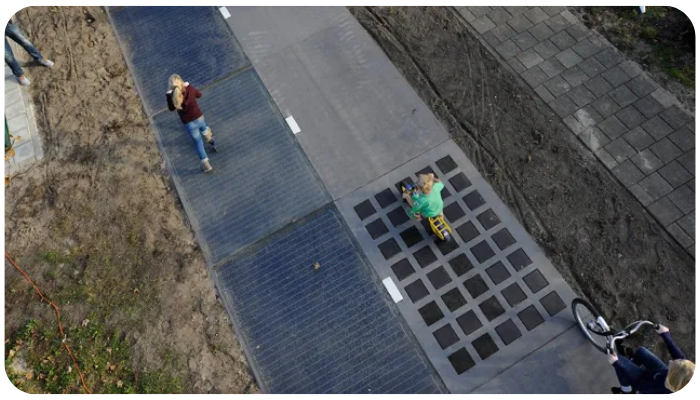

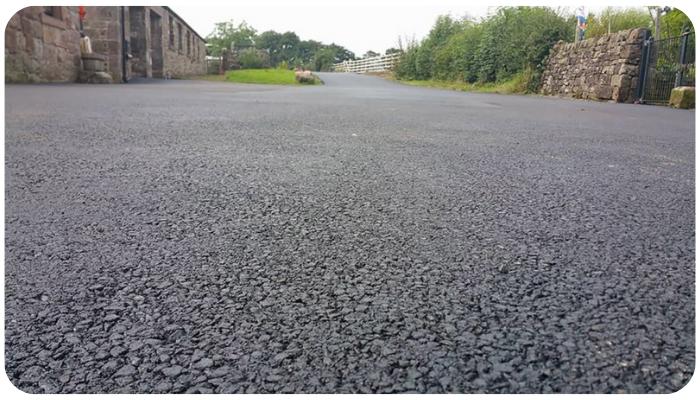
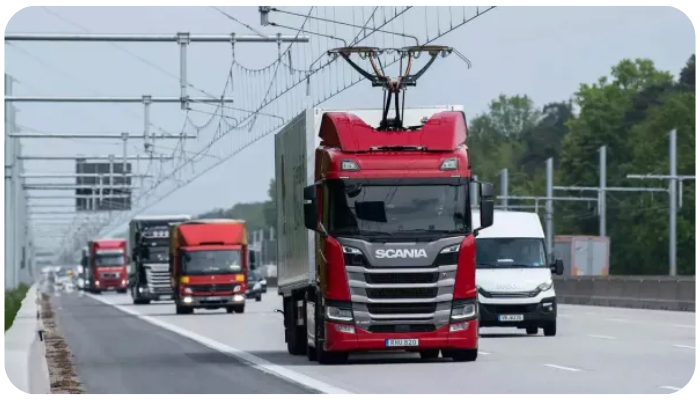
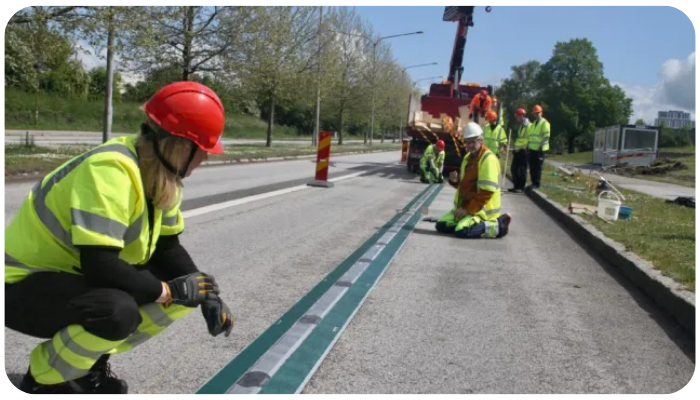
Everything That You Know About The Solar Roadways - PIGSO Learning
November 27, 2021[…] Top 3 Transformative Innovations in road construction […]